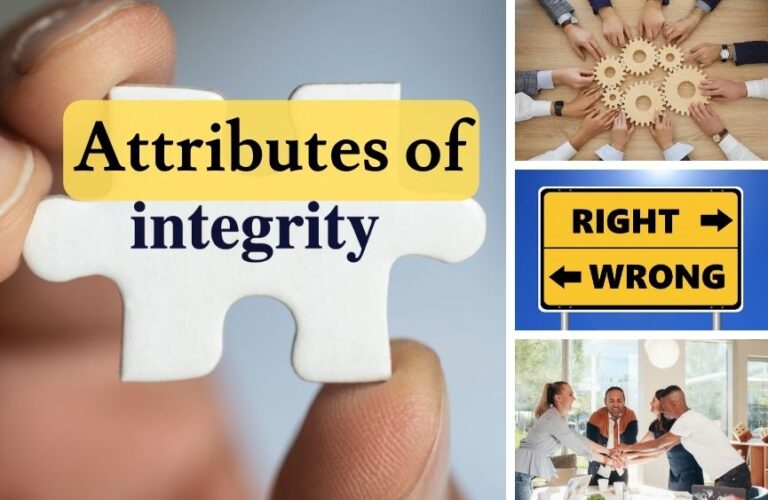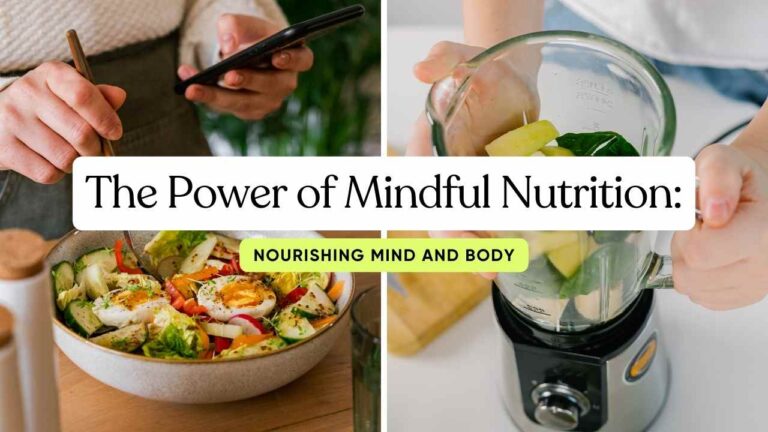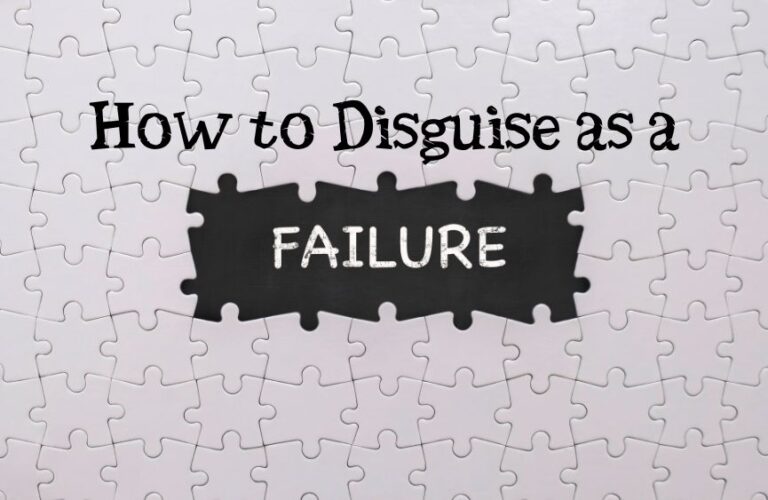Why Crying During Movies Actually Means You’re Mentally Tough
You might not realize it, but shedding a tear during a movie isn’t a sign of weakness. In fact, it’s quite the opposite. It turns out that those who can’t help but cry during a touching film are often demonstrating a remarkable level of mental toughness. Intrigued? Well, let’s delve into the science and psychology behind this fascinating paradox.
The Emotional Intelligence-Mental Toughness Connection
Before we dive into the tearful world of cinema, it’s essential to understand the foundation of our emotional response – emotional intelligence. It’s not about being the next Sherlock Holmes; it’s about recognizing, understanding, and managing our emotions effectively. Now, you might wonder, what’s the link between emotional intelligence and mental toughness?
Emotional intelligence acts as the anchor for your mental toughness ship. It’s the ability to decipher your feelings and, more importantly, deal with them head-on. After all, true strength isn’t about suppressing your emotions; it’s about acknowledging them and using them as your guiding star.
The Science of Crying: More Than Just Tears

Let’s get down to the nitty-gritty. Crying isn’t merely about those salty droplets rolling down your cheeks. It’s a complex biological and emotional reaction. You see, crying isn’t a sign of fragility; it’s an incredible display of your body’s emotional release valve.
When you watch an emotionally charged scene in a movie, your brain is on high alert. The storytelling and character development work in harmony to unlock your emotional reservoir. Your heart races, your pulse quickens, and the waterworks begin. It’s like a symphony of sensations that lets you experience the movie on a profoundly emotional level.
Movies: The Cathartic Catalyst

Now, let’s talk about movies. They’re not just two-hour escapades from reality; they’re emotional catalysts. The best films have the power to make you laugh, gasp, and, yes, cry. Think of them as a kind of emotional gym. When you cry while watching a movie, you’re getting a workout for your emotional well-being.
Movies have the ability to tap into your deepest fears, desires, and vulnerabilities. They create a space where it’s okay to let your guard down and be swept away by emotions. But how is that a sign of mental toughness? Well, let’s flip the script on vulnerability.
Vulnerability: A Strength in Disguise
We often associate vulnerability with weakness. But, paradoxically, embracing vulnerability is a powerful indicator of emotional strength. It takes courage to let your emotional walls crumble, even if it’s just for a couple of hours while watching a movie.
Crying during movies is a testament to your willingness to open up, to connect with the characters, and to let empathy flow. It shows that you’re secure enough in your own emotional skin to empathize with fictional characters. It’s the embodiment of emotional depth.
Empathy and Emotional Resonance
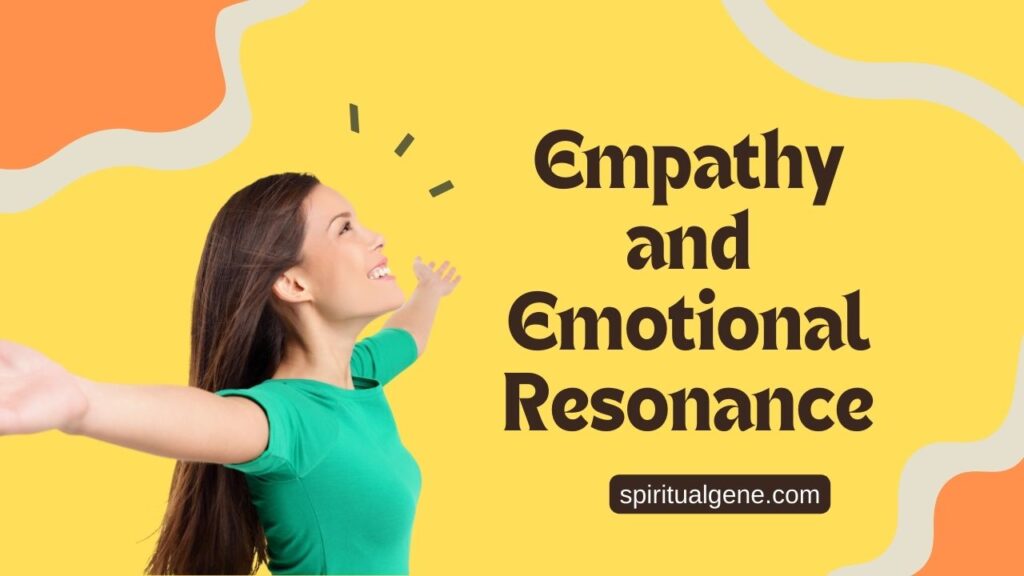
Movies are masters at creating empathy. They put you in the shoes of others, allowing you to experience their joy, sorrow, and everything in between. When you cry during a movie, you’re not merely feeling sorry for a character; you’re resonating with their experiences.
This emotional connection isn’t just a sign of compassion; it’s a vital element of mental toughness. It showcases your ability to understand and share the feelings of others. You’re not just watching; you’re feeling, and that’s a unique trait of the mentally tough.
Crying: The Release Valve
Have you ever felt lighter after a good cry during a movie? It’s like a pressure release valve for your emotional boiler. All that pent-up stress and anxiety can find an outlet through a poignant scene. It’s like an emotional detox.
Suppressing emotions can lead to a host of mental health issues, but crying during movies helps you strike a balance. It’s your mind’s way of saying, “I need a break!” When you cry, you’re not breaking down; you’re breaking free from the shackles of emotional stress.
Cultivating Emotional Resilience
Now, let’s talk about how to cultivate this emotional resilience. It’s all about finding the balance. You don’t want to be a waterfall of tears every day, but you also don’t want to be an emotionless rock. It’s about recognizing when it’s time to open the floodgates and when it’s time to pull yourself together.
Cultivating emotional resilience is a journey that starts with self-awareness. Understand your emotional triggers and responses. Practice mindfulness to stay present in the moment. And remember, being emotionally resilient doesn’t mean never crying; it means using your emotions as your strength, not your weakness.
Overcoming Societal Stigmas
In a world that often tells us to “man up” or “stay strong,” it can be challenging to break free from societal expectations. But it’s high time we challenge these stereotypes. Crying during movies, or any time you feel moved, is not a sign of weakness; it’s a badge of honor.
By embracing your emotional side, you’re taking a step towards a healthier perspective on emotions. It’s not about being weak or strong; it’s about being human. It’s about showing the world that you’re comfortable with your emotions and that you won’t hide them.
Conclusion: The Power of Tears
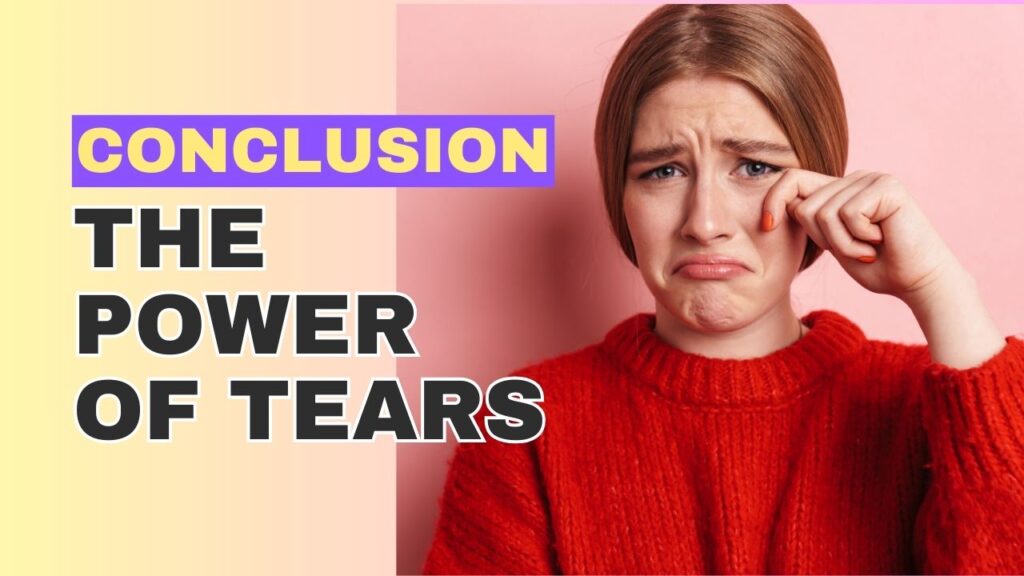
In conclusion, the next time you find yourself misty-eyed during a movie, remember that it’s not a sign of fragility, but a testament to your emotional strength. Crying during movies is a powerful indicator of your emotional intelligence and mental toughness. It’s a reminder that you’re not afraid to embrace your vulnerabilities, connect with others, and release pent-up emotions.
So, let those tears flow freely, and wear them as a symbol of your emotional depth and resilience. After all, it’s in those moments of vulnerability that your true strength shines through. Crying during movies is not a weakness; it’s a beautiful reminder of your humanity.





